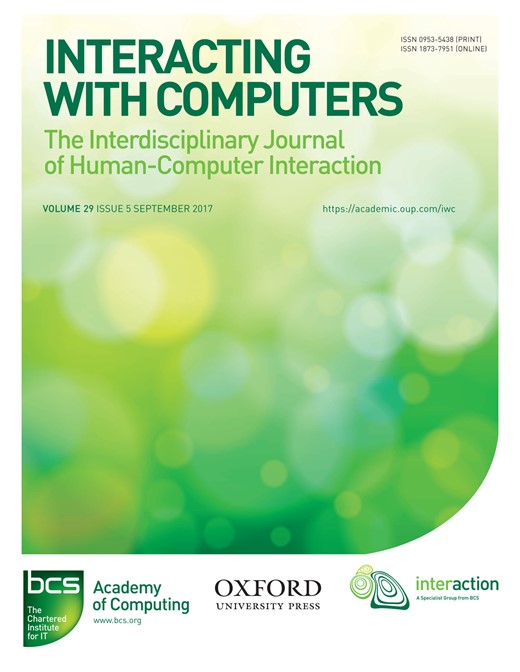-
Views
-
Cite
Cite
Michail Tsikerdekis, Cumulative Experience and Recent Behavior and their Relation to Content Quality on Wikipedia , Interacting with Computers, Volume 29, Issue 5, September 2017, Pages 737–754, https://doi.org/10.1093/iwc/iwx010
Close - Share Icon Share
Abstract
Cumulative experience is often seen as a major factor for influencing content quality in collaborative projects such as Wikipedia. However, past studies often utilize cumulative experience based on the quantity of work rather than quality and context. Moreover, the perspective on cumulative experience assumes a final destination for user behavior, whereas much of the literature indicates that user behavior changes over time. This paper aims to address these two factors by providing better descriptions and context to determine their effect on content quality. The study rematerialized these factors based on the quality of work and built a comprehensive model of how article quality materializes through groups of users. Regression models in this study indicate that recent behavior is a more powerful predictor of content quality change than cumulative experience. The implications of the findings impact the design of task-routing systems as well as designers and group managers’ work in collaborative projects.





